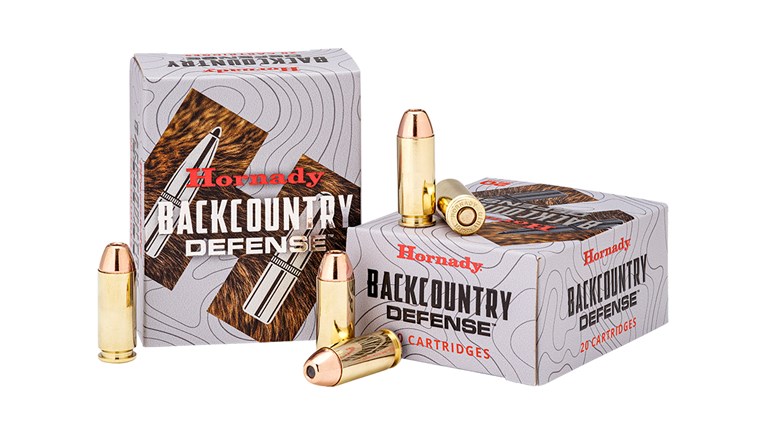
In a unanimous decision handed down April 1, the Michigan Supreme Court ruled that shooting ranges are protected by the Sport Shooting Ranges Act (SSRA), while confirming the right of existing range owners to operate their ranges regardless of township ordinances that have emerged since the statute became law.
Similar to legislation passed in other states during the late 1980s and early 1990s based upon a model provided by the NRA, the Michigan Sport Shooting Range Act (SSRA) became law in 1989 to protect shooting range owners and operators from lawsuits and closure as housing developments began encroaching on previously rural areas and existing ranges. In 1994, the SSRA was amended to permit owners of existing ranges to expand their activities if they complied with the NRA Range Manual, even if the range was not in compliance with local ordinances.
In 1993, Jerry Barnhart received permission from Addison Township to build a private range on his property. In 2005, the Township issued Barnhart a misdemeanor citation for failing to obtain a zoning waiver. However, under the SSRA, ranges in existence before the act was originally passed in 1994 received grandfathered protection, and were not subject to nuisance zoning requirements passed subsequently as long as they "operated within generally accepted practices."
In 2012, the state Court of Appeals ruled SSRA did not apply to Barnhart's range, because it was operated as a business, charged range fees and provided training classes. Such acts, the court claimed, were inconsistent with the range being a "sport" range.
In the April 1 unanimous opinion by Justice Michael F. Cavanagh, the Ohio Supreme Court held: "In determining whether a range is a sport shooting range under the SSRA, the focus is on the design and operation of the range, not on the intentions of individual shooters in using the range; a range owner's commercial purpose for operating the range is also irrelevant."
In its conclusion, the ruling found "in order for (the SSRA) to apply to a shooting range, it must (1) be a sport shooting range that also existed as a sport shooting range as of July 5, 1994, and (2) the sport shooting range must operate in compliance with the generally accepted operation practices. The Court of Appeals erred in interpreting (the SSRA) when it held that a shooting range owner cannot have a commercial purpose in operating a sport shooting range."





































